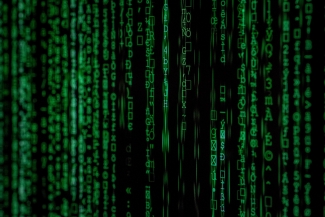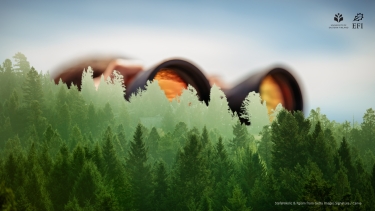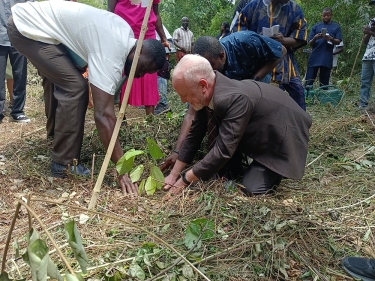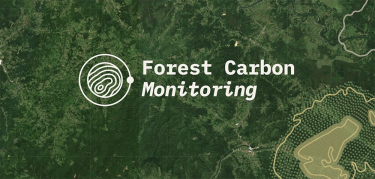From research to journalistic reporting

We need more scientists who understand the value of sharing their work with society and who are willing to help journalists understand and report the scientific facts, data and evidence. To this end, the Lookout Station, a science-media initiative by the European Forest Institute, has developed the ‘Handbook for Scientists: Driving Scientific Research into Journalistic Reporting on Forests, Environment and Climate Change’.
Accessible scientific knowledge for society at large is a key ingredient to develop a healthy democracy, and informative science journalism is pivotal. However, scientists and journalists are sometimes facing challenges in finding the ways to make science accessible together. In the process of their journalistic research, journalists often find themselves lost in scientific language full of jargon, uncertainty and ‘it depends’ narrative. Therefore, they may more easily turn to those who take a strong stand to the issue at hand, and fail to portrait the scientific reality accurately. This may lead the scientists to lose their trust in journalists and media.
In order to build more trust and to give a background for the scientists to understand how journalists think and work, it may not be enough to train the scientists just in the practical aspects of communications: how to write a pitch, be on camera, and counter journalist’s questions on radio shows. The newly published handbook aims at building trust and inspiring scientists to create better relationships with journalists.
Elisabetta Tola, the author of the handbook says:
“Producing innovative and engaging narratives of complex issues, such as climate change, require a long exchange and confrontation between scientists and journalists. In the handbook we provide examples and showcases in a hope to inspire scientists to dedicate time and effort to communicate better with journalists, so that they can write about the issue with a balanced, broader perspectives. We also give tools and suggestions on how to better deal with the media to make the exchange more effective. I hope this handbook will enable more researchers to try and communicate more and more with committed journalists, in order to contribute to share knowledge and lead them to take action to improve and/or counter the issue.”
The handbook can be downloaded as a pdf here.


